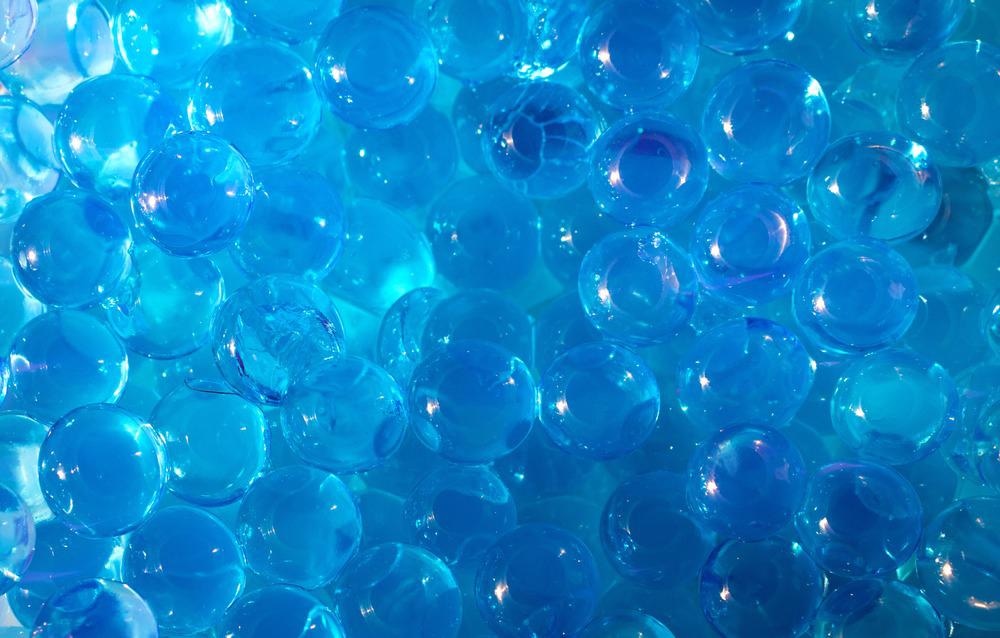
Image Credit: David Pereiras/Shutterstock.com
This feature is specifically crucial in regenerative medicine, which for a long time has already accepted and been applying the properties of these materials.
3D printing could now make the production of these materials easier, and more inexpensive. Scientists from the Materials and Processing for Micro and Nanotechnologies (MP4MNT) team of the Department of Applied Science and Technology of the Politecnico di Torino, led by Professor Fabrizio Pirri, have shown, for the first time, the likelihood of producing hydrogels with intricate architectures that can self-heal following a laceration, owing to 3D printing triggered by light.
So far, hydrogels with self-healing properties or modelable into complex architectures using 3D printing have already been produced in laboratories, but in the current study, the new solution incorporates both features: architectural complexity and the capacity to self-heal after damage.
Furthermore, the hydrogel was manufactured using materials readily available on the market, processed with the help of a commercial printer, thereby making the proposed technique very flexible and potentially useful anywhere. This paves the way for new possibilities in the soft-robotics and biomedical fields.
The study was performed in the context of the HYDROPRINT3D doctoral project, sponsored by the Compagnia di San Paolo, within the framework of “Joint Research Projects with Top Universities” initiative, by PhD student Matteo Caprioli, under the direction of the DISAT researcher Ignazio Roppolo, in partnership with Professor Magdassi’s research group of the Hebrew University of Jerusalem (Israel).
Since many years in the MP4MNT group, a research unit coordinated by Dr Annalisa Chiappone and I is specifically devoted to development of new materials that can be processed using 3D printing activated by light. 3D printing is able to offer a synergistic effect between the design of the object and the intrinsic properties of materials, making possible to obtain manufactured items with unique features.
Ignazio Roppolo, Researcher, DISAT
“From our perspective, we need to take advantage of this synergy to best develop the capabilities of 3D printing, so that this can truly become an element of our everyday life. And this research falls right in line with this philosophy,” added Roppolo.
This study signifies a major step toward the development of very complex devices, which can leverage both the multifaceted geometries and the fundamental self-healing properties in numerous application fields.
Specifically, once the ongoing biocompatibility studies at the interdepartmental laboratory PolitoBIOMed Lab at Politecnico di Torino have been advanced, it will be viable to use these objects both for fundamental research into cellular mechanisms and for applications in the regenerative medicine domain.
Journal Reference:
Caprioli, M., et al. (2021) 3D-printed self-healing hydrogels via Digital Light Processing. Nature Communication. doi.org/10.1038/s41467-021-22802-z.